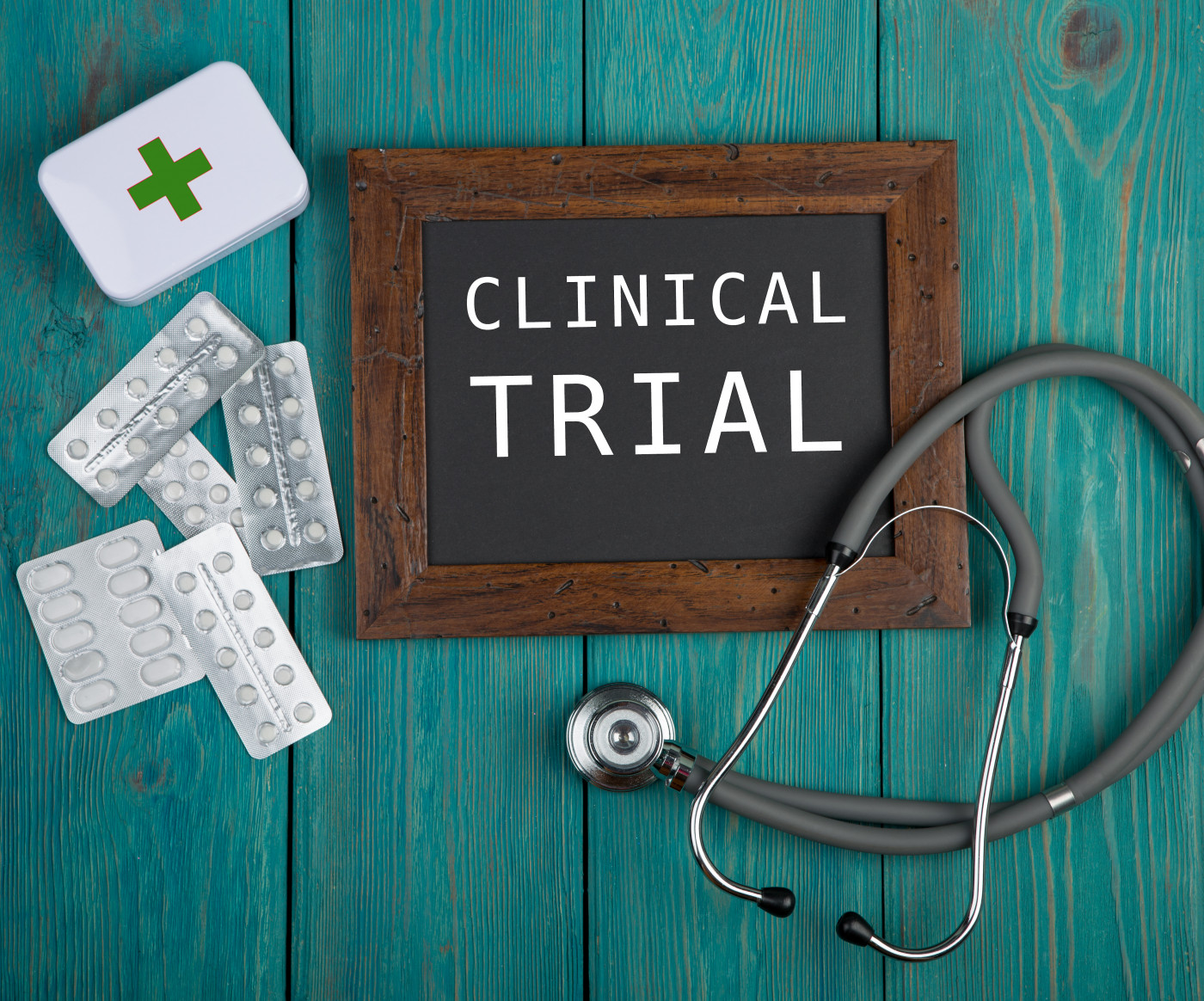US Trial Testing Harmony’s Pitolisant for Excessive Sleep Starts Recruiting Patients
Written by |

A Phase 2 clinical trial testing pitolisant as a treatment for excessive daytime sleepiness (EDS) in Prader-Willi syndrome (PWS) has started recruiting patients at its Texas site and is activating nine other study sites across the U.S.
Harmony Biosciences expects the trial (NCT04257929) to begin by the end of the year, according to a press release.
Thus far, only the Texas Children’s Hospital/Baylor College of Medicine testing site in Houston has begun enrolling patients.
The 11-week trial, which was initially launched earlier this year, is expected to enroll up to an estimated 60 participants, ages 6 to 65.
Two trial sites are now being readied in California, at the Rady Children’s Hospital, in San Diego, and at Sleep Medicine Specialists of California, in San Ramon. Other West Coast/Southwest sites include the Children’s Hospital Colorado, in Aurora, and the University of Utah, in Salt Lake City.
Along the East Coast, trial sites will include the Nemours Alfred I duPont Hospital for Children, in Wilmington, Del., the Johns Hopkins School of Medicine, in Baltimore, and the University of Florida College of Medicine, in Gainsville. The trial also will be conducted at the Ann and Robert H. Lurie Children’s Hospital, in Chicago, and at Vanderbilt University Medical Center, in Nashville, Tenn. More information on the contacts and sites can be found here.
The primary goal of the double-blind study — in which neither the researchers nor the participants know which patients are receiving the therapy and which a placebo — is to assess the safety and efficacy of pitolisant as a treatment for EDS in people with PWS. Efficacy will be measured using the Mean Sleep Latency Test.
Other outcomes to be evaluated include caregiver impression of EDS severity, PWS clinical status, and behavioral and cognitive changes.
During the trial, participants will be randomly assigned to receive either low-dose or high-dose pitolisant, or a placebo, all administered as once-daily oral tablets upon waking in the morning.
A three-week titration period, in which the medication dosage is gradually increased to the intended amount, will start the study. That will be followed by an eight-week stable dose period, and an optional three-week extension phase in which eligible patients will undergo a titration period to reach the maximum target dose of pitolisant, based on their ages.
Pitolisant is a selective blocker/inverse agonist — a compound that induces the opposite effect of an activator — of the histamine 3 receptor that is highly expressed in the brain. Although the mechanism of action of pitolisant remains unclear, according to Harmony, it is thought that the therapy increases the release of histamine, which regulates the sleep-wake cycle and promotes wakefulness.
The U.S. Food and Drug Administration (FDA) approved pitolisant in 2019, under the brand name Wakix, for the treatment of EDS in adults with narcolepsy. The FDA recently expanded that approval to include a second indication, cataplexy, in adults with narcolepsy. Notably, cataplexy refers to the sudden loss of muscle tone induced by a strong emotion.
Harmony noted that a Phase 2 trial testing pitolisant for the treatment of myotonic dystrophy (DM) is planned for early next year.
“From the time we founded Harmony to its FDA approval of WAKIX … the team has worked relentlessly to build a company that has contributed to scientific innovation in neurological disorders,” said Jeff Aronin, founder and chairman of Harmony. “We are pleased with Harmony’s continued progress to address unmet medical needs.”
Wakix was developed by Bioprojet, with Harmony granted an exclusive license to develop and commercialize the therapy in the U.S.





